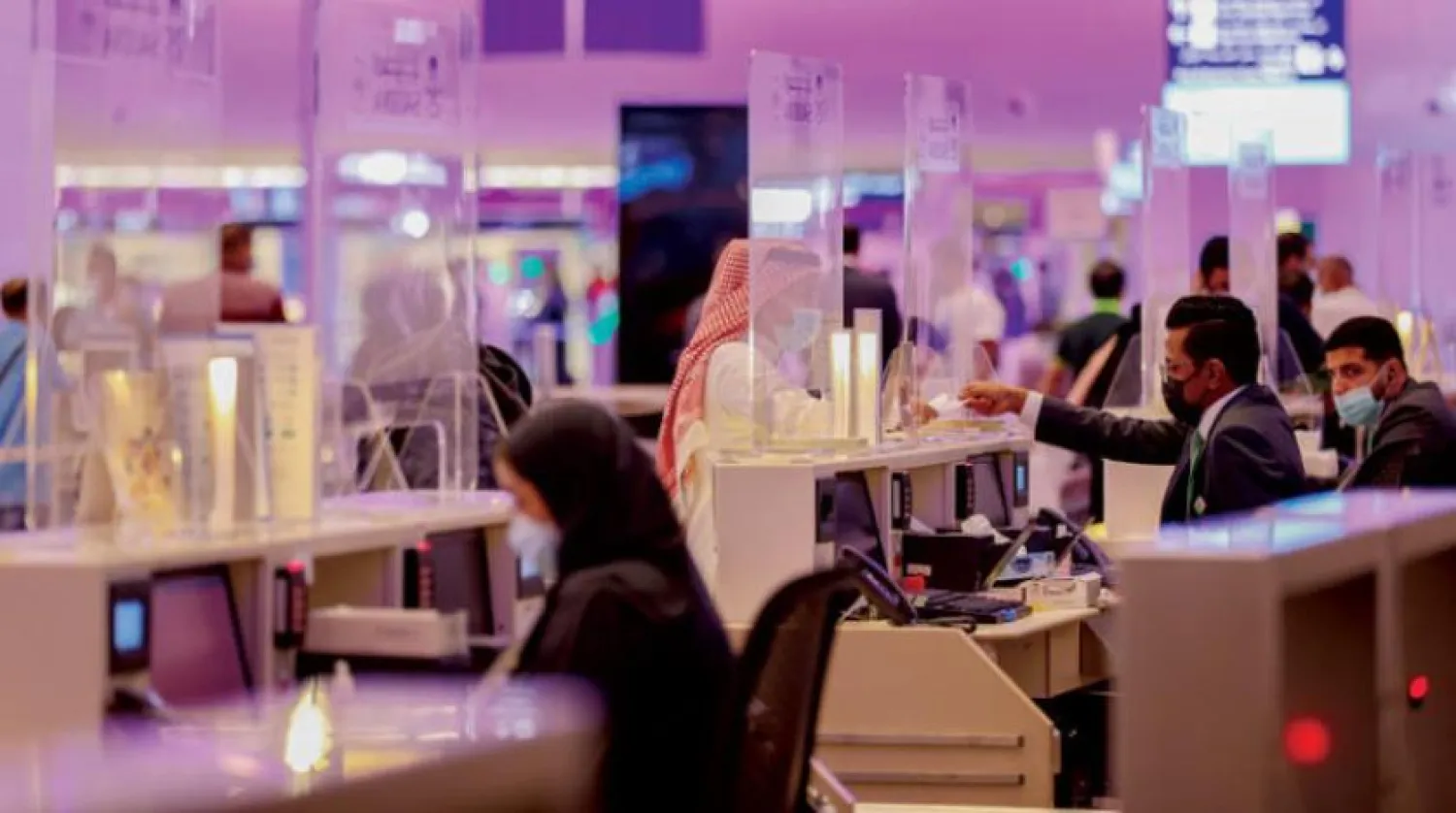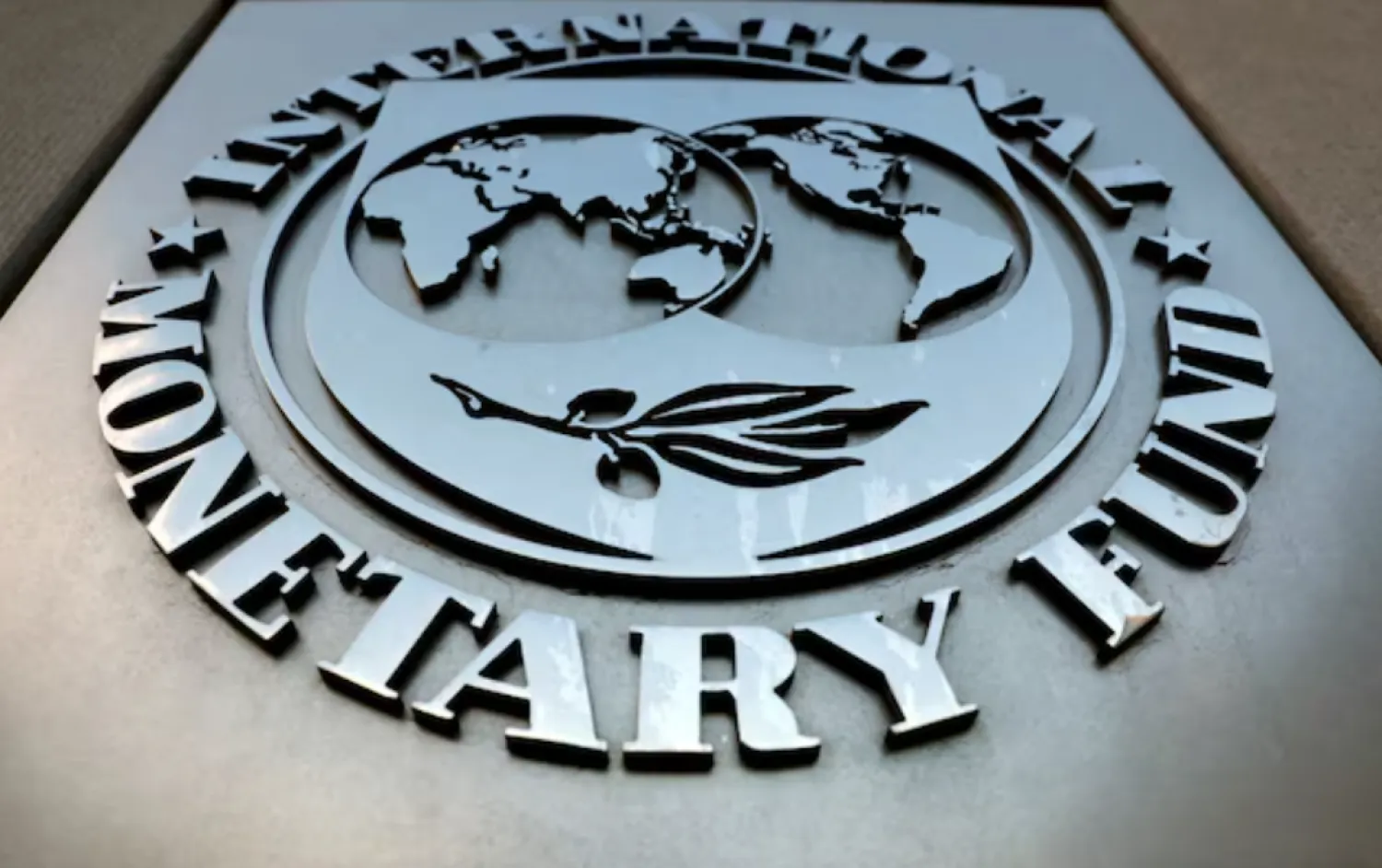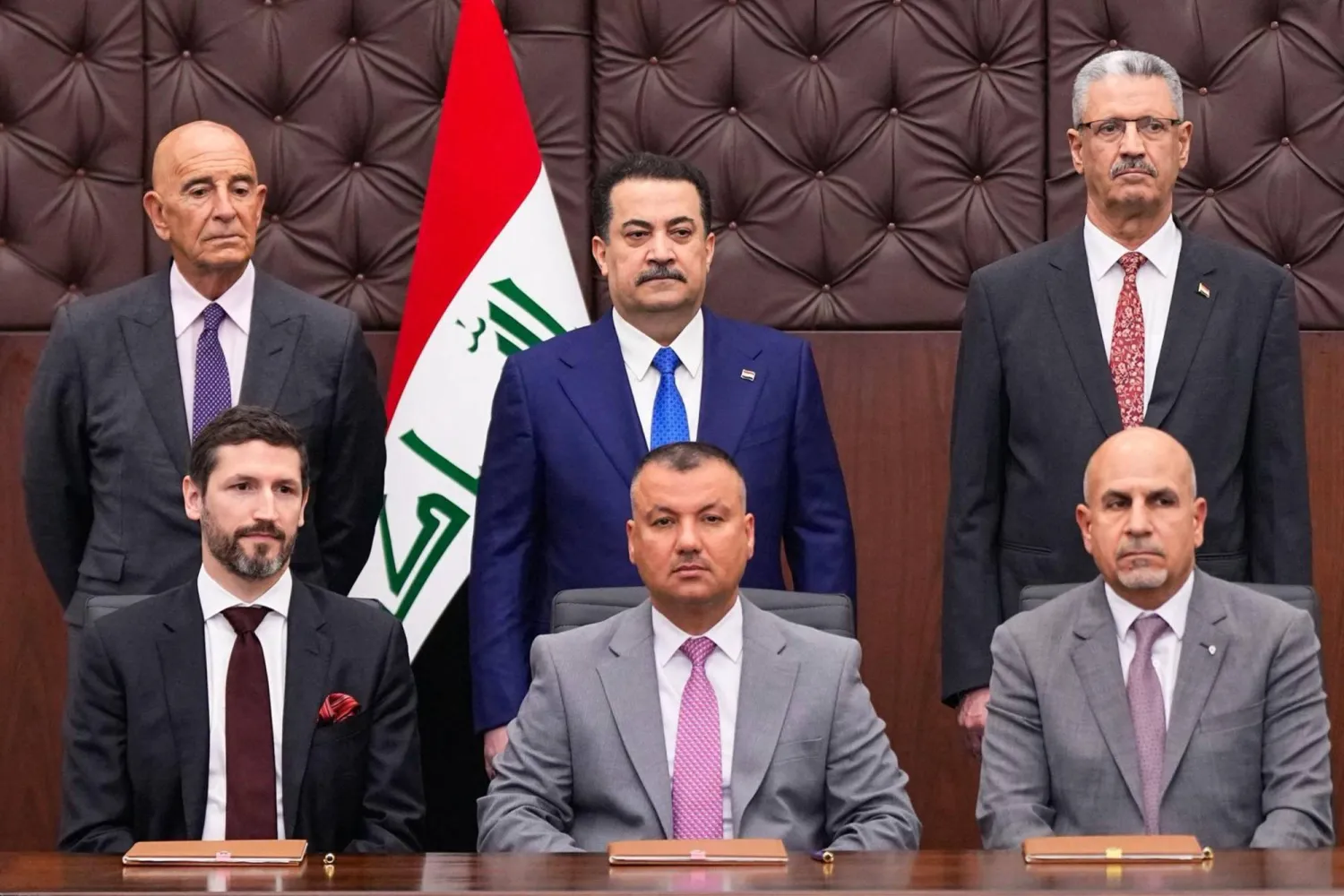Saudi aviation and travel industry companies are leading the way in terms of post-pandemic recovery. At the regional level, the companies have opened new flying destinations. They also developed a fleet of aircrafts of the latest models that are reliable in raising the number of passengers over the coming years.
For expansion, Saudi national companies rely on aviation sector infrastructure which includes 30 regional and international airports and high-quality logistic services.
The presence of a promising infrastructure has encouraged these companies to raise the number of passengers flying from different countries around the world to key and touristic Saudi cities.
Concerned authorities are seeking, according to their programs, to reach 12 million visits from abroad, compared to 4 million visits in 2021.
According to programs and targets, the Kingdom is expecting the arrival of 30 million visitors from abroad in 2030.
According to aviation industry experts, many factors are playing an important part in raising the passenger capacity of Saudi companies and encouraging the inflow of investment into the sector.
These factors include Saudi authorities allowing all types of visitors, including those holding tourist visas, to perform Umrah in the kingdom.
Visitors eligible for on-arrival visas or e-visas and holders of US, British or Schengen visas are also included.
“The current stage is different from what it was in the past two years ago, with most countries lifting travel restrictions,” aviation expert Hussein Al-Zahrani told Asharq Al-Awsat.
Zahrani added that the lifting of restrictions has encouraged prospective visitors to move forward with their travel plans.
“Saudi companies are undergoing recovery after the coronavirus pandemic,” noted Mohammed Khojah, another aviation sector expert.
According to Khojah, the government is developing the sector and its facilities and support services.
This is reflected in the expansion of national companies.
Today, Saudi companies are working to develop their fleets. This has put Saudi companies on the map of international competition in attracting travelers from inside the Kingdom and abroad.









